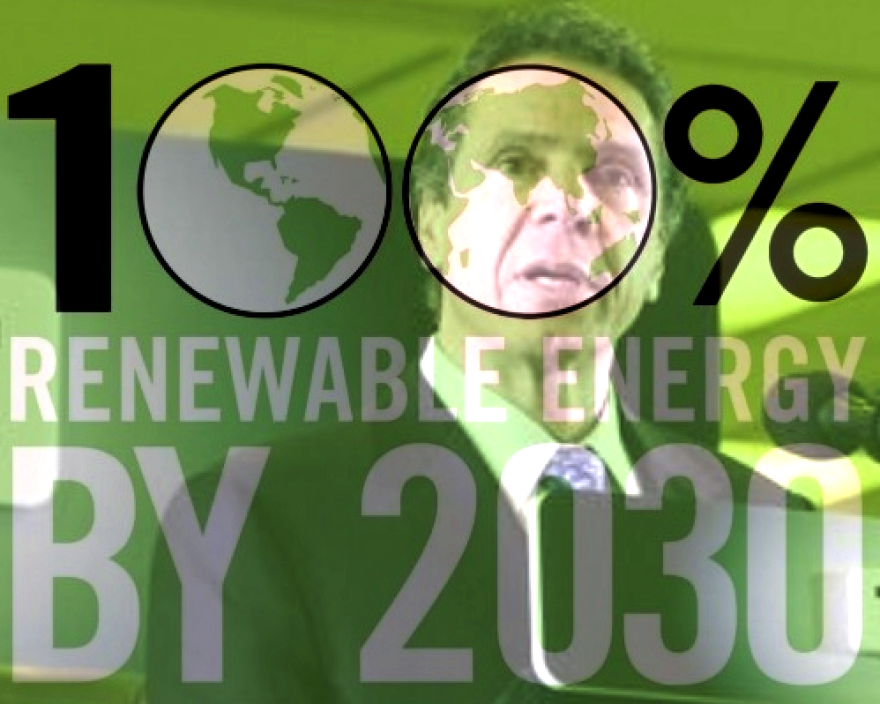Clean energy advocates are holding an informational forum tonight in Albany to share the potential benefits of group-purchasing electricity.
Community Choice Aggregation or CCA is being promoted as a "business tool" that can be used to both purchase and develop clean renewable energy. People of Albany United for Safe Energy's Mark Dunlea: "Community Choice Aggregation is really an energy buying club on steroids. What happens is, if a local government, a town, a village or a city decide to join a CCA, then all the customers within that town are part of the CCA unless they decide to opt out of it. Most, of course, decide to stay in, and when you have 95 percent plus of the residents trying to purchase electricity together, you can negotiate for cheaper prices. You try to get a lot of different towns to come together. This has been very prevalent on the West Coast, particularly California, for decades, but only in New York state the last two years, Westchester is the first place where they've done it, and the first year they saved $8 million."
- Explainer: What is CCA?
At a similar forum held in San Diego, Lancaster, Calif. Mayor R. Rex Parris shared his city's experience in buying streetlights from the local utility, replacing bulbs with LED's and centrally-controlling each lamp. "In a time of emergency, you can do paths to get out, how to get out of a neighborhood, you can light up exits. You can make a street go dark if you're doing a police operation. You can dim when nobody's on the streets. You can do all kinds of things for one-tenth the cost. The money you make from these things that you don't have to spend just by becoming sustainable, nobody was prepared for. Certainly we weren't. We thought it was gonna be all a negative balance. We didn't know there was gonna be such a positive inflow coming from it."
Dunlea expects CCA's will eventually "catch on" locally. "We're trying to educate both local residents and government officials in the area about the merit of a Community Choice Aggregation program. We're also trying to educate ourselves. There's some complexities to it. There's a lot of questions. How do you save electricity? How do you promote clean energy? Who has to decide to join the CCA? There is a lot of interest already in CCA's by some of the local governments. Saratoga city is exploring it. I believe Cohoes and Cairo has also decided to explore it. And I think that most of us would like to see it pushed, particularly the clean energy aspect. We're also trying to save money for the local residents."
The forum will include presentations by representatives of the Public Service Commission and the Capital District Regional Planning Commission. Requests for comment from the PSC, National Grid and Albany City Hall were not returned in time for broadcast. (The Mayor's office did respond with an email stating "The City is not participating in tonight’s event.")
Sue Hughes-Smith is a member of the Rochester People's Climate Coalition, which is starting a CCA in western New York. "The rules of the Public Service Commission don't require that municipalities use it to source local renewable energy, so it could or could not contribute to solving our climate crisis. And we think it's really important if municipalities are going to move forward that they use it to motivate resilience in the grid, the inclusion of local solar production, keeping more revenue and therefore more jobs in local communities. All of these can be achieved while addressing a move away from fossil fuels-based electrical production."
The forum at the Washington Avenue branch of the Albany Public Library runs from 6:30 to 8:30.
Dunlea promises a follow-up meeting “in a few weeks” to talk more about "the nuts and bolts" of implementing a CCA in the Capital District.







